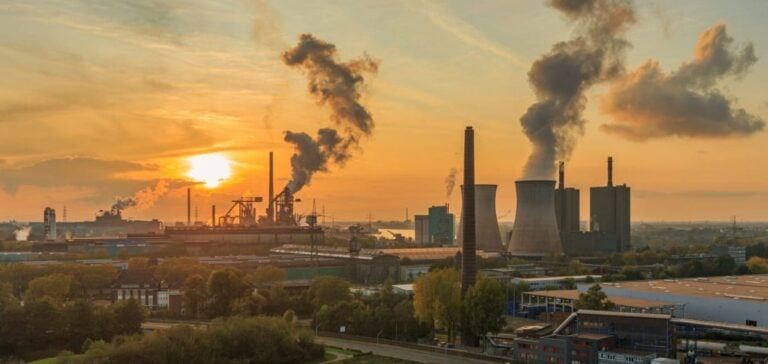In view of the climate targets set for 2030 and the new European laws on renewable energies, Germany is seeing a reduction in greenhouse gas emissions, thanks in part to the effective deployment of renewable energies and environmental policies. In 2023, the country will witness the successful launch of Nucera, the green project of steelmaker Thyssenkrupp.
According to the Federal Environment Agency (FEA), forecasts predict a “64% reduction in emissions by 2030 compared with 1990”.
However, this progress is marred by the economic difficulties faced by its industrial sector. In all likelihood, it’s the entire reform of the European electricity market that’s at stake.
Industrial and economic challenges
Germany’s relative climatic success is offset by a number of economic difficulties facing the industrial sector, including rising energy prices and increased international competition. The current industrial crisis is having a direct impact on the competitiveness of German companies on the global market.
Delicate Balance
Balancing climate progress with economic constraints is a real challenge for Germany. The transition to a greener economy requires massive investment in renewable energies and energy efficiency. However, it must be accompanied by policies to support industry and create sustainable jobs. But reconciling such diverse parameters is far from easy.
Future prospects
However, in the face of these challenges, Germany must make choices that will have a major impact in the years ahead. These will affect both the country’s environmental and economic sectors, as well as the rest of the world. In any case, it must give priority to a pragmatic approach capable of meeting both climatic and industrial challenges.
Germany must therefore find a consensus between environmental protection and the preservation of industrial competitiveness.






















